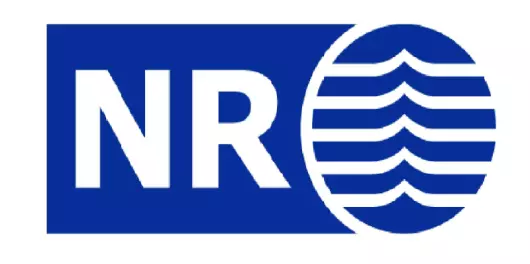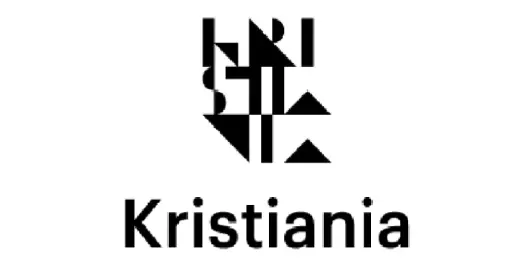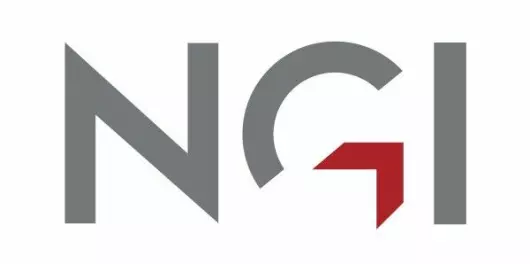Ledig stilling på Universitetet i Oslo
Blindern og Urbygningen (Foto: Wikimedia og Colourbox)
Postdoctoral Research Fellowship in Plasma and Space Physics
Deadline: 01.09.2019
Job description
Universitetet i Oslo
The University of Oslo is Norway’s oldest and highest rated institution of research and education with 28 000 students and 7000 employees. Its broad range of academic disciplines and internationally esteemed research communities make UiO an important contributor to society.
The research at the Departmentof Physics covers a broad range of subfields within physics and technology: From space research to medical physics. A good proportion of the research is interdisciplinary, and conducted in close cooperation with collaborators in Norway and abroad. Education and teaching are other essential activities. We offer a broad range of courses, and the Department is involved in several study programmes at bachelor’s and master’s level.
Some of the best lecturers in Norway are amongst our employees, and we are proud of our prizewinning teaching and learning environment. The Department has 200 employees, of which 50 are permanent scientific positions. On a yearly basis 20 students complete their Ph.D. and 50 finish their M.Sc. degree.
Position as Postdoctoral Research Fellow in Plasma and Space Physics is available at the Department of Physics.
The post doc fellowship is for a period of 2 years. Within the framework of the position, duties may be assigned. Starting date no later than 1. January 2020.
No one can be appointed for more than one Postdoctoral Research Fellowship at the University of Oslo.
More about the position
The successful candidate will be a part of Section for Plasma and Space Physics at The Department of Physics as well as the 4DSpace Strategic Research Initiative. The main focus of these groups is to advance our understanding of ionospheric plasma processes at high latitudes including plasma instabilities and turbulence. The groups also work towards assessing the impact of space weather effects on technological systems (such as GPS) at high latitudes. The main tools used are advanced numerical models (mainly particle-in-cell codes), ground-based radar and optical systems (EISCAT, SuperDARN, all-sky-imagers), instruments on board spacecraft (Swarm, NorSat-1), and in situ measurements carried out by sounding rockets (the ICI-rocket series). For more information, see:
http://www.mn.uio.no/fysikk/english/research/projects/4dspace/ and http://www.mn.uio.no/fysikk/english/research/projects/grand-challenge-initiative-cusp/index.html
Over the next years, the 4DSpace team will be involved in several rocket launches into the polar ionosphere. All of these rockets will during the flight eject small subpayloads, which will for the first time make multi-point observations of the ionospheric plasma density at unprecedented spatial resolution. These unique data will facilitate the search for dispersion relations at different scales, as well as the multi-scale mapping of turbulent structures.
The successful candidate will work in a team of scientists on a development of new data analysis techniques for multi-point measurements of plasma density by a rocket and its sub-payloads. The candidate will then apply these techniques to data from rocket experiments to study irregularities and turbulence in the cusp F region ionosphere. The in-situ results will also be compared with advanced numerical models. Due to its novel approach, it is expected that this project will to lead to several major advances in the field of ionospheric turbulence.
The main purpose of the fellowship is to qualify researchers for work in higher academic positions within their disciplines.
The main purpose of a postdoctoral fellowship is to provide the candidates with enhanced skills to pursue a scientific top position within or beyond academia. To promote a strategic career path, all postdoctoral research fellows are required to submit a professional development plan no later than one month after commencement of the postdoctoral period.
Qualification requirements
- Applicants must hold a degree equivalent to a Norwegian doctoral degree in space plasma physics. Doctoral dissertation must be submitted for evaluation by the closing date. Appointment is dependent on the public defence of the doctoral thesis being approved.
- Experience in data analysis from in-situ plasma measurements, preferably with sounding rockets or another spacecraft.
- Strong background in plasma physics.
- Good programming skills for advanced data analysis techniques.
- Fluent oral and written communication skills in English
Desired qualifications:
The candidate is expected to take part in our rocket and spacecraft missions, and should preferably have some experience with plasma waves, instabilities, and/or turbulence. Experience from development of new data analysis tools for in-situ measurements of space plasmas and/or from performing and analyzing large-scale numerical simulations will be considered as an asset.
We offer
- salary NOK 523 200 – 605 500 per annum depending on qualifications in position as Postdoctoral Research Fellow (position code 1352)
- a professionally stimulating working environment
- postdoctoral development programmes
- attractive welfare benefits and a generous pension agreement, in addition to Oslo’s family-friendly environment with its rich opportunities for culture and outdoor activities
How to apply
The application must include
- cover letter (statement of motivation, summarizing scientific work and research interest)
- CV (summarizing education, positions, pedagogical experience, administrative experience and other qualifying activity)
- copies of educational certificates (academic transcripts only)
- A complete list of publications and up to 5 academic works that the applicant wishes to be considered by the evaluation committee
- list of reference persons: 2-3 references (name, relation to candidate, e-mail and phone number)
The application with attachments must be delivered in our electronic recruiting system. Foreign applicants are advised to attach an explanation of their University's grading system. Please note that all documents should be in English (or a Scandinavian language).
In assessing the applications, special emphasis will be placed on the documented, academic qualifications, the project description (whenever this is required in the call for applicants), and the quality of the project as well as the candidates motivation and personal suitability.Interviews with the best qualified candidates will be arranged.It is expected that the successful candidate will be able to complete the project in the course of the period of employment.
Formal regulations
Please see the guidelines and regulations for appointments to Postdoctoral fellowships at the University of Oslo.
No one can be appointed for more than one Postdoctoral Fellow period at the University of Oslo.
According to the Norwegian Freedom and Information Act (Offentleglova) information about the applicant may be included in the public applicant list, also in cases where the applicant has requested non-disclosure.
The University of Oslo has an agreement for all employees, aiming to secure rights to research results etc.
The University of Oslo aims to achieve a balanced gender composition in the workforce and to recruit people with ethnic minority backgrounds.
Contact information
- Professor Jöran Moen, e-mail j.i.moen@fys.uio.no, ph. + 47 22 85 64 30
- Associate professor Wojciech Miloch, email w.j.miloch@fys.uio.no, ph. + 47 22 85 60 14
For questions regarding the recruitment system, please contact HR Adviser Elin Thoresen, email:elin.thoresen@mn.uio.no, ph: +47 22 85 71 96
Apply for position















